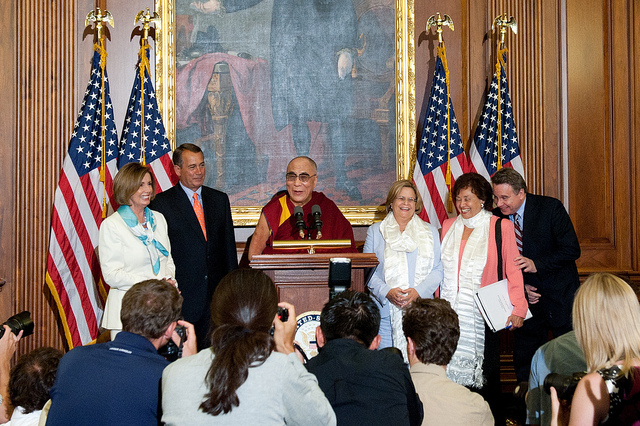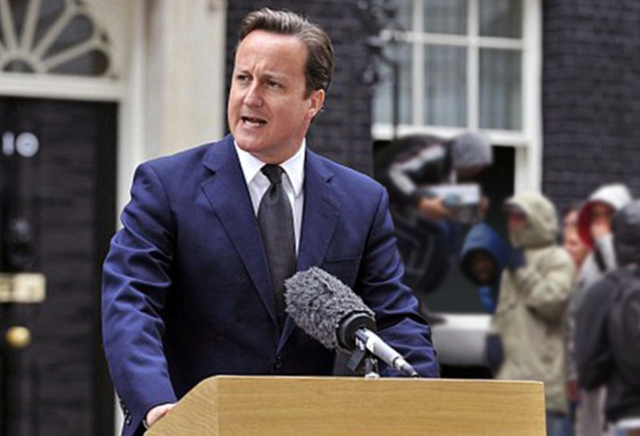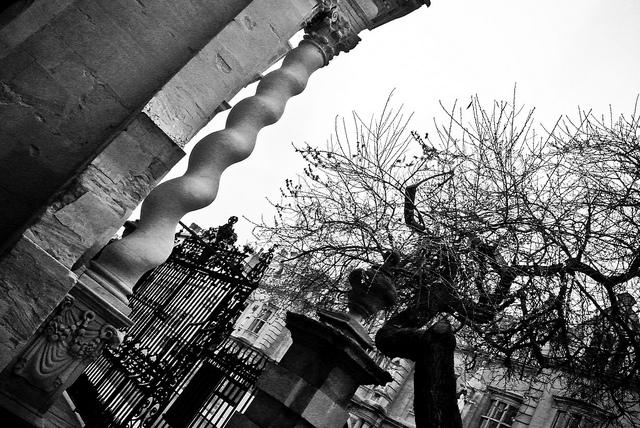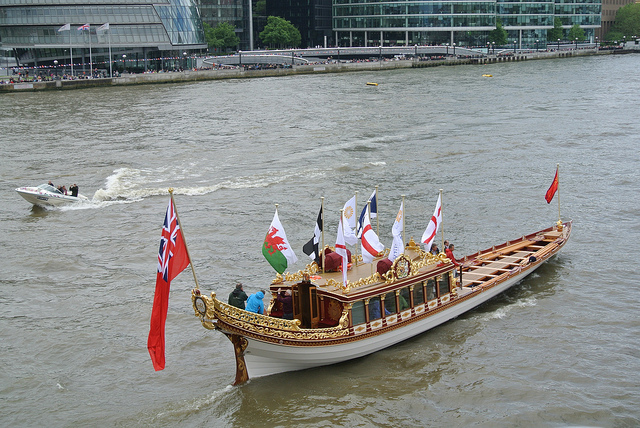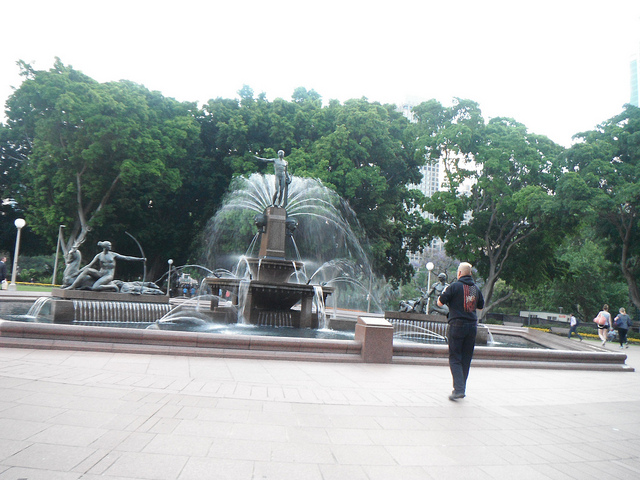Harry Reid, the leader of the Democrats in the US Senate, has predicted that John Boehner, the speaker of the House of Representatives ('The House'), will eventually 'cave in' and allow a vote on the Border Security, Economic Opportunity and Immigration Modernization Act 2013 ('The Act').
If Mr Boehner were to do so, there is a good chance that The Act, which has already been passed by the Senate, will become law.
